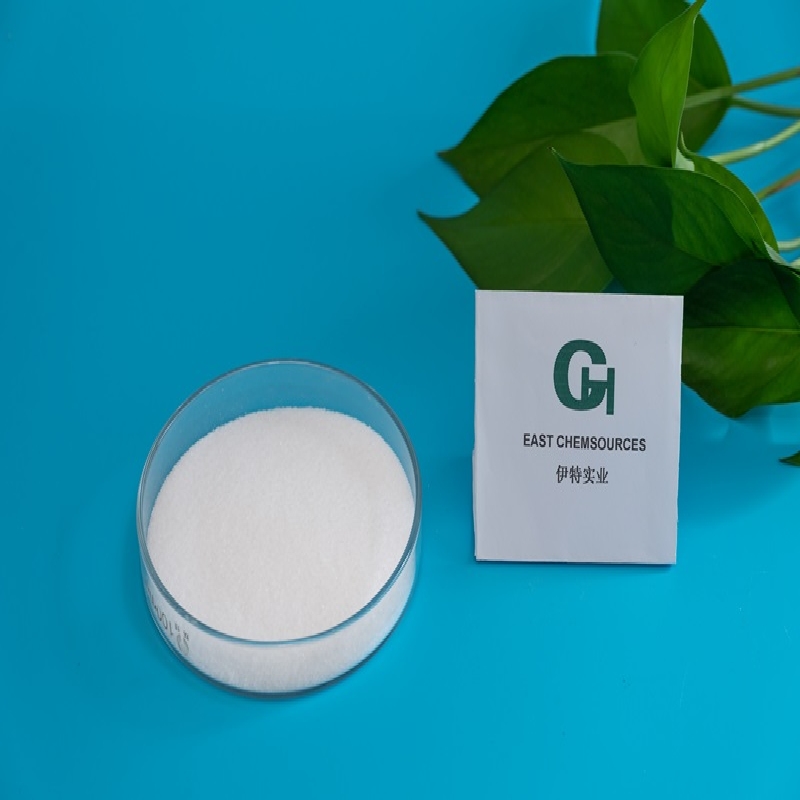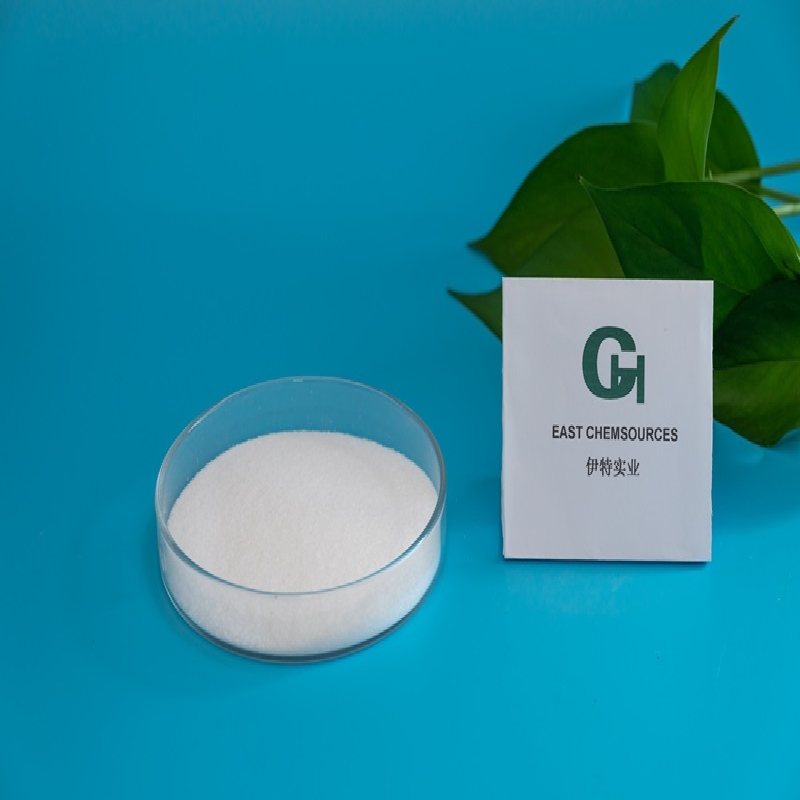-
Categories
-
Pharmaceutical Intermediates
-
Active Pharmaceutical Ingredients
-
Food Additives
- Industrial Coatings
- Agrochemicals
- Dyes and Pigments
- Surfactant
- Flavors and Fragrances
- Chemical Reagents
- Catalyst and Auxiliary
- Natural Products
- Inorganic Chemistry
-
Organic Chemistry
-
Biochemical Engineering
- Analytical Chemistry
- Cosmetic Ingredient
-
Pharmaceutical Intermediates
Promotion
ECHEMI Mall
Wholesale
Weekly Price
Exhibition
News
-
Trade Service
Background and objective: The relationship between serum cholesterol levels and the development of hepatocellular carcinoma (HCC) is unclearThis study investigated the effect of serum cholesterol levels on the development of liver tumors in micemethod: The researchers studied Mice with C57BL/6J, as well as mice with impaired LDL-/
) and mice (NKdele mice) that had conditionally removed natural killer (NK) cellsSome mice with C57BL/6J and NKdelewere injected with diethylinitrosamine to induce liver tumor formationPlace mice on a normal diet (ND) or high cholesterol diet (HCD) to induce high serum cholesterol levelsThe researchers also studied mice (ApoE-/-mice that spontaneously developed high serum cholesterolC57BL/6J and NKdelemice on ND or HCD implanted Hep1-6 (mouse liver cancer) cells and monitored the growth and lung metastasis of xenotransplanted tumorsBlood samples were collected from mice and analyzed through biochemical and flow cytometers, liver and tumor tissue, and analyzed through histology, immunohistochemical and RNA sequence analysis NK cells were isolated from mice and their cholesterol content, lipid raft formation, immune signal conduction and functional changes were analyzed At the same time, the researchers obtained matching tumor tissue and blood samples from 30 HCC patients and blood samples from 40 healthy volunteers to measure cholesterol levels and cytotoxicity of NK cells results: HcD and ApoE -/- mice with high serum cholesterol levels in C57BL/6J mice with high serum cholesterol levels, the incidence of liver tumors and lung metastasis was lower than in ND mice Compared to tumors in mice fed from ND, the number of NK cells in liver tumors in HCD-fed mice and ApoE -/-
mice increased The number and size of tumors in the ND and HCD groups were similar in the number and size of NKDele mice or antibody-based NK cell depletion mice after injection of diathyl hexylamide or implanted in Hep1-6 cells NK cell expression-enhanced NK cell activation receptors, effect sub-functional markers (granerase B and perforated insin) isolated from HCD-fed C57BL/6J mice, and cytokines and chemofactors compared to NK cells in ND mice; Serum cholesterol levels are related to the number and activity of NK cells isolated from human liver cancer conclusion: After injection of liver cancer cells or chemical carcinogens, the number of tumors in the serum increased by the destruction of the HCD or ApoE gene, the number of tumors, cholesterol builds up in NK cells and activates its effect on liver cancer cells







